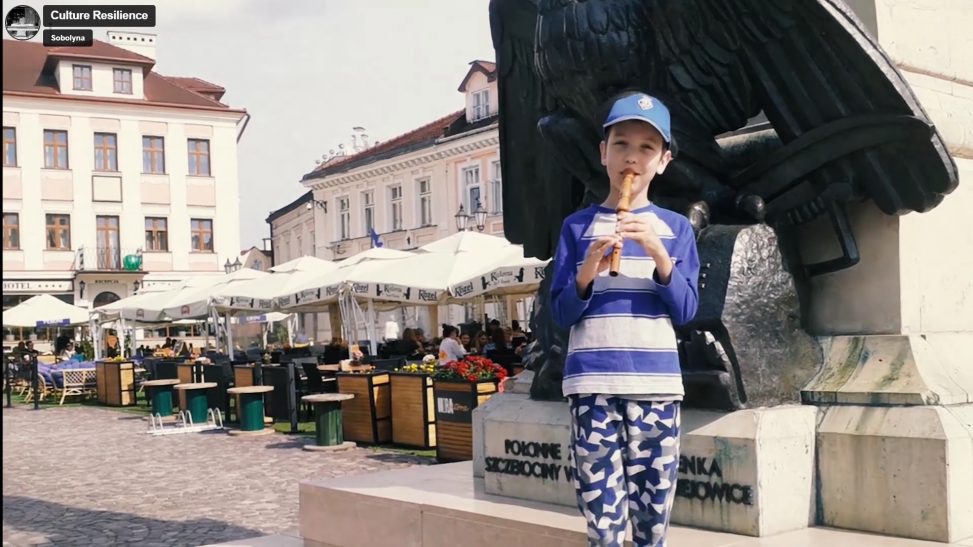Russia launched a full-scale military invasion of Ukraine on February 24, 2022, marking a new phase in the war that Russia began in 2014 and, by some estimates, the largest war in Europe since World War II. Among other war crimes, the Russian occupiers destroyed or damaged more than 500 objects of cultural heritage of Ukraine. Hundreds of cultural institutions were forced to stop or change their work.
For 10 months after the full-scale invasion, the Russian invaders have been systematically looting museums, taking away collections of artistic and historical values, burning Ukrainian-language literature in the occupied territories, and using artillery to destroy monuments, educational and cultural institutions throughout Ukraine. The number of recorded episodes and the testimony of employees of affected institutions prove that it is not about individual cases, but about a targeted policy of destruction.
Cultural monuments and cultural institutions were targeted by the aggressor country due to Russia’s desire to destroy Ukrainian identity. Such actions of Russia should be considered as a component of the crime of genocide against the Ukrainian people.
As of the beginning of December 2022, the Ministry of Culture and Information Policy of Ukraine has already documented the destruction or damage of 1,132 objects of cultural infrastructure. Among them are more than 550 objects of cultural heritage. These statistics include, for the most part, architectural monuments, buildings of museums, schools, universities, libraries, cultural centers in the Donetsk, Mykolaiv, Luhansk, Kharkiv, Sumy, Kherson, Chernihiv, Zaporizhia, and Kyiv regions. Ukrainian cultural institutions and heritage need quick and comprehensive measures to preserve, restore and ensure normal functioning.
During the 10 months of the full-scale invasion, Ukrainian society has shown remarkable resilience. Teams of workers were repurposed as volunteers, soldiers, medics, logisticians, and just those who don’t care, and institutions began to provide their premises for the shelter of temporarily displaced persons and for warehouses with humanitarian aid. Manifestos condemning Russian aggression and appeals to foreign partners not to cooperate with Russian cultural figures appeared in professional circles. However, against the background of the economic crisis, which was caused by Russia’s military aggression on the territory of Ukraine, in some places in the world there is a shift in focus from Russian war crimes.
The project aims to support cultural institutions in their adaptation to the new marginal conditions of activity. The project is dedicated to all soldiers of the Armed Forces of Ukraine, who make the work of institutions and cultural institutions possible by their incredible daily feat. Glory to Ukraine! Glory to heroes!

Comments are closed.